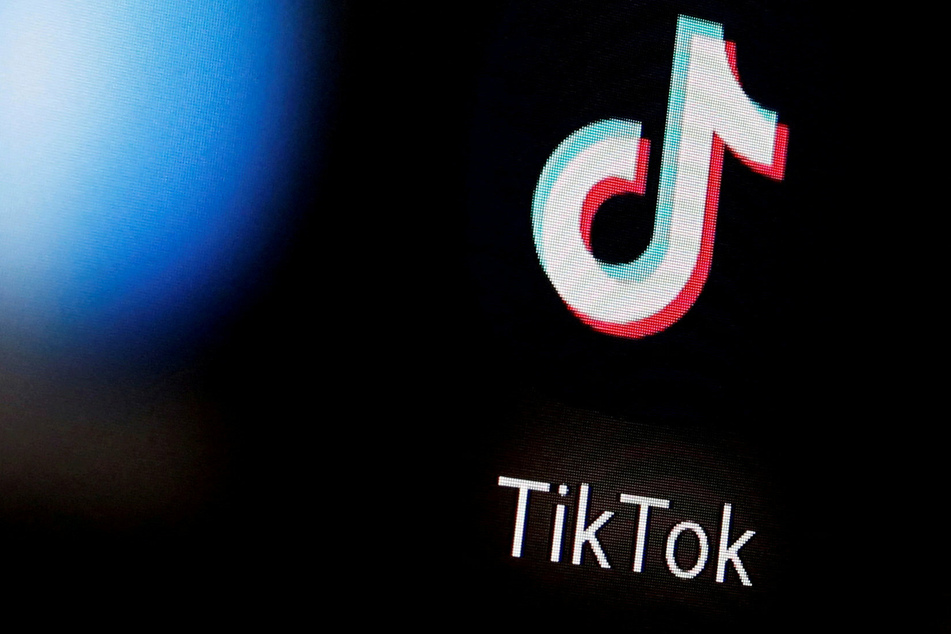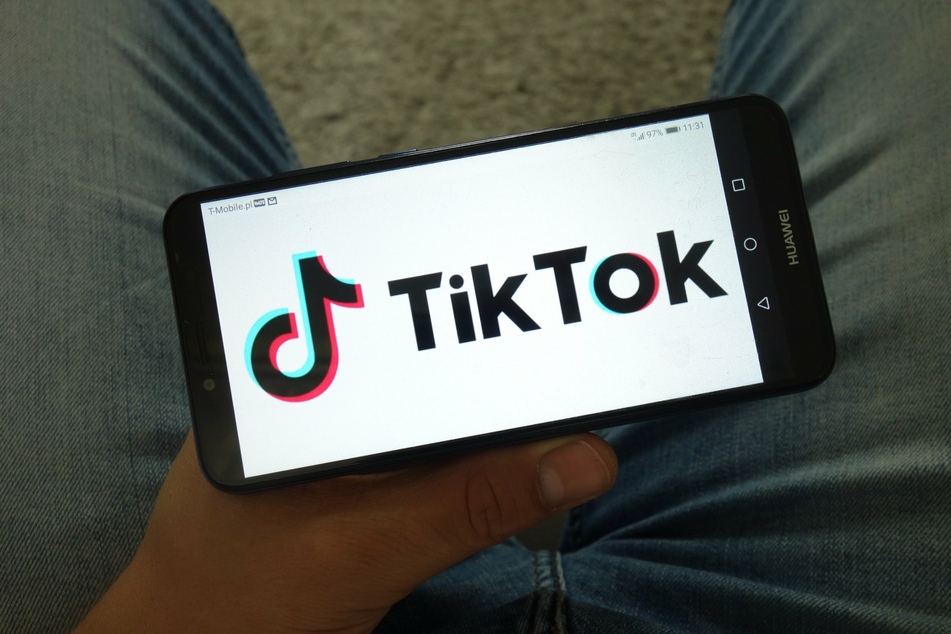TikTok promises to do better on hidden ads after consumer groups complain
Brussels, Belgium - TikTok is promising to do a better job at protecting users from hidden ads, following complaints from European consumer protection groups that users, particularly the app's millions of teenage fans, are not aware that many videos try to sell them something.

The European Union Commission has announced that, after more than a year of talks, the makers of what is currently the world's most downloaded app have agreed to adapt their approach to EU rules and let users know when they are watching an ad.
Consumers will be able to recognize all types of advertising on TikTok, said Didier Reynders, the responsible EU commissioner. Users will have the option to report ads that could entice children to buy goods or services, and paid advertising in videos will be marked with a new label in the future.
However, TikTok is still refusing to stop personalizing ads for children, consumer protection authorities say.
Consumer organization not fully satisfied with TikTok's fixes

TikTok's success, which has seen it downloaded more than a billion times on Android phones alone, has been accompanied by much criticism. Following concerns that child abusers were using the app, TikTok has improved its parental controls and added restrictions for younger users.
Following complaints about the app's addictive design and endless feed of autoplaying videos, the designers have also introduced digital wellbeing features that allow users to limit the time they spend on the app.But some points of criticism in the original complaint remain unresolved, the European Consumer Organization (BCEU) said.
This applies, for example, to TikTok's copyright clause, which grants the platform a very far-reaching license to use the videos that any user posts on the platform. There's also no way to protect young users from abuse by influencers when they buy virtual "coins" from TikTok.
In the US, California Attorney General Rob Bonta in March announced a "nationwide investigation" into how the app affects the well-being of kids.
Cover photo: REUTERS